Casing pipe is an indispensable equipment in oil drilling and plays an important role.Casing pipe is a steel pipe that supports the walls of oil and gas wells. Each well uses several layers of casing based on different drilling depths and geological conditions. Cement must be used to cement the casing after it is lowered into the well. Unlike oil pipes and drill pipes, it cannot be reused and is a one-time consumable material. Therefore, the consumption of casing accounts for more than 70% of all oil well pipes. According to the usage, casing can be divided into: conduit, surface casing, technical casing and oil layer casing, and their structure in the oil well.
What is a casing pipe?
A casing pipe is a robust tube typically made from materials such as PVC, steel, or fiberglass. Its primary function is to encase and shield another pipe or utility line, providing protection against external elements like soil, rocks, and groundwater. By creating a protective barrier, casing pipes prevent corrosion and extend the operational life of the enclosed pipe.
Casing pipe is a tubular equipment made of steel material with strong strength and corrosion resistance. It is installed in the drilling well bore and extends from the wellhead to the bottom of the well, forming a pipeline system that protects the well wall.casing pipe usually consists of multiple sections of pipe, each approximately 30-40 feet long, that are threaded together. The structure of casing pipe has parameters such as outer diameter, inner diameter, wall thickness and length.The outer diameter is the diameter of the outside of the casing, the inside diameter is the diameter of the inside of the casing, and the wall thickness is the thickness of the casing wall. The selection of these parameters depends on factors such as well depth, well pressure and well temperature. The length of casing pipe is usually determined based on the well depth, which can range from a few hundred meters to several kilometers.
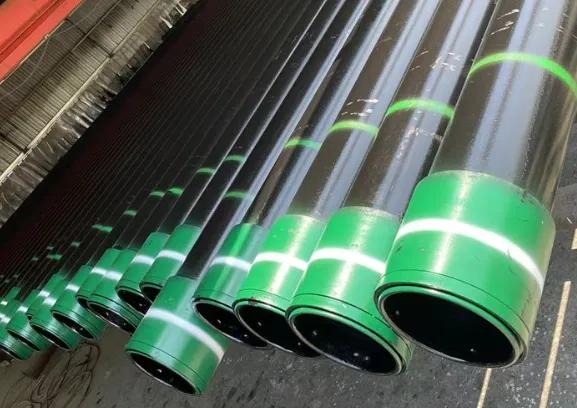
The functions of casing pipe mainly include three aspects.
1. It plays the role of protecting the well wall. During the drilling process, high-pressure and high-temperature oil and gas may exist in the formation. Without the protection of casing, these oil and gas may cause damage to the well wall, leading to well wall collapse or well leakage.casing pipe can effectively protect the well wall and prevent these problems from occurring.
2. casing pipe can control well pressure.During the drilling process, the oil and gas pressure in the formation may be very high. If the well pressure is not controlled well, a blowout accident may occur. casing pipe can adjust well pressure by controlling the valve at the wellhead to ensure that the pressure at the bottom of the well is within a safe range.
3. casing pipe can also transport oil. After drilling is completed, the casing pipe can be used as a pipeline to transport underground oil from the bottom of the well to the surface. Some accessories, such as oil pipes and valves, are usually installed inside the casing pipe to facilitate the transportation and control of oil.
Casing pipe is widely used in oil drilling. It can not only protect the well wall, control well pressure, but also transport oil. It is an indispensable and important equipment in the oil drilling process. casing pipe plays an important role in protecting the well wall, controlling well pressure, and transporting oil. The manufacturing process and technology of casing pipe are also constantly improving to meet the needs of oil drilling.
In oil drilling, the quality of casing pipe directly affects the efficiency and safety of oil production. Therefore, when purchasing casing pipe, you need to consider multiple factors, such as materials, specifications, processes, etc., to ensure that the quality and performance of the casing pipe meet the requirements. At the same time, when using casing pipe, regular inspection and maintenance are required to ensure that it is operating in good condition to ensure the normal progress of oil drilling.
In general, casing pipe plays an important role in oil drilling. It can not only protect the well wall, control well pressure, but also transport oil. It is an indispensable equipment in the oil drilling process. With the development of the oil industry, I believe that the technology and application of casing pipe will continue to improve and provide better support for oil production.
Applications of Casing Pipes:
Casing pipes have diverse applications across various industries and infrastructure projects:
Water Supply and Distribution: In water supply systems, casing pipes protect water mains and supply lines from external damage and contamination. By safeguarding these critical infrastructure components, casing pipes ensure uninterrupted water flow and maintain water quality standards.
Oil and Gas Pipelines: In the oil and gas industry, casing pipes are essential for protecting underground pipelines from corrosion and structural damage. They help preserve the integrity of oil and gas transmission networks, ensuring safe and reliable energy delivery to consumers and industrial facilities.
Telecommunication Cables: Casing pipes play a vital role in protecting telecommunication cables and fiber optic lines. By shielding these communication infrastructure components from physical damage and environmental hazards, casing pipes help maintain uninterrupted communication networks and support the growing demand for digital connectivity.
Benefits of Using Casing Pipes:
Casing pipes offer several key advantages in plumbing installations:
Corrosion Protection: One of the primary benefits of casing pipes is their ability to protect the enclosed pipe from corrosion. By preventing direct contact with corrosive substances present in soil and groundwater, casing pipes significantly reduce the risk of pipe deterioration over time. This corrosion resistance is crucial for maintaining water quality and ensuring the long-term reliability of plumbing systems.
Structural Reinforcement:
Casing pipes provide additional structural support to underground pipelines. They help distribute external loads and pressures, minimizing the risk of pipe collapse or deformation due to soil movement or heavy traffic loads. This structural reinforcement is particularly important in areas with unstable soil conditions or where pipes are susceptible to external damage.
Ease of Maintenance: Installing casing pipes facilitates easier access for maintenance and repair activities. When maintenance is required, technicians can access the enclosed pipe without extensive excavation, reducing disruption to the surrounding area and minimizing repair costs. This ease of access is advantageous for both residential and commercial plumbing systems, where downtime and operational disruptions must be minimized.








 English
English Español
Español بالعربية
بالعربية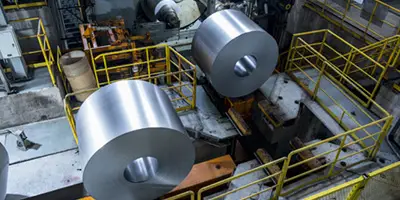

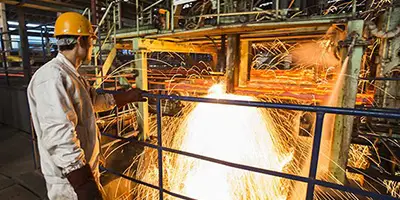
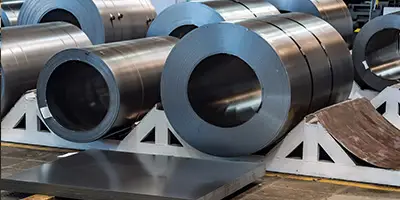

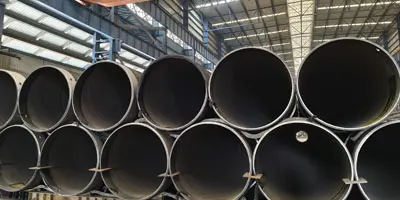

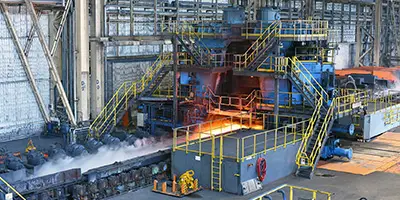
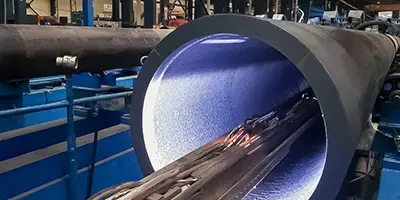
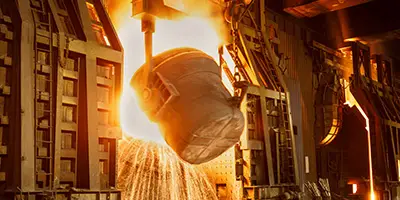
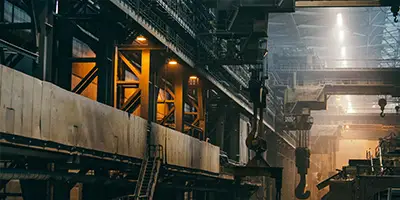

 Phone :
Phone :  Whatsapp :
Whatsapp :  Email :
Email : 


